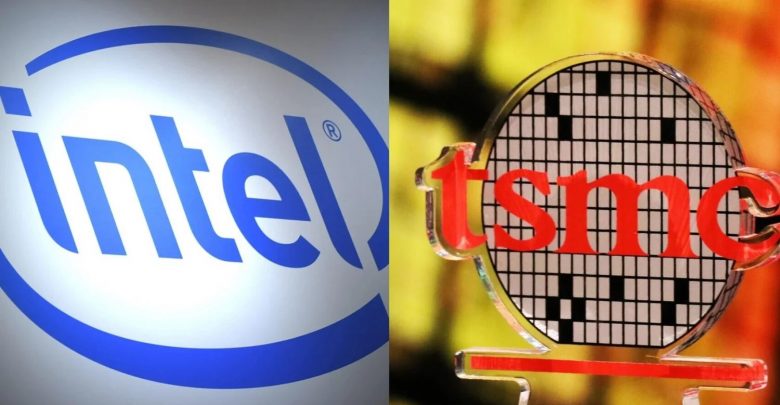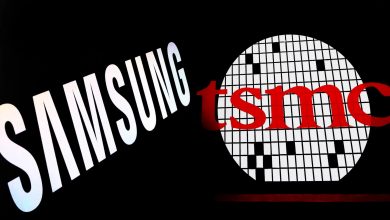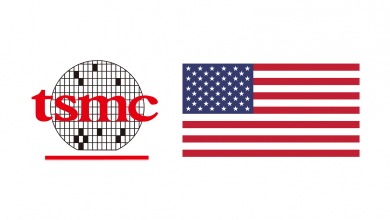
Intel has been struggling for some time despite being the leader in the computer chipset market and blaming that on the CEO, the company announced the appointment of current VMWare CEO Pat Gelsinger who will take control next month.
Intel is lagging behind in it’s own foundry
It’s is no secret that Intel is outsourcing its chip fabrication more and more. Allegedly TSMC has struck a new deal with Intel. The chip foundry is on track with its 3nm process technology to manufacture Intel Core products. Volume production is scheduled for the second half of 2022, according to sources from Digitimes.
iTimes alleges that Intel and TSMC have entered into an arrangement. TSMC would be fabbing processors on the pending 3nm fabrication process. There’s no word on what models it entails. Apple also has a deal going with TSMC. Volume production is expected to start in the second half of 2022. Even though Digitimes is a reliable source, Intel has not yet commented on the rumors. Intel’s soon to become CEO Pat Gelsinger already mentioned they would increasingly use third-party manufacturers, “given the size of the portfolio.”
The report claims that Intel’s upcoming chips designed with a 3nm process will go into mass production in the second half of 2022. With this, Intel will become the second-largest customer for TSMC’s 3nm process after Apple.
Earlier, it was reported that Intel has been in talks with TSMC and Samsung as the company is exploring the possibility of outsourcing some of its high-end chipset manufacturing. While the report claims that it has reached an agreement with TSMC, the talks with Samsung are said to be in the preliminary stage.
Intel has been a giant player in the semiconductor market that is worth over $4 trillion. The American company is valued at around $230 billion but seems to have losing its grip over the market and competitors have taken the approach of designing chips and outsourcing productions to third-party manufacturers.
The company is also facing stiff competition from the likes of AMD and NVIDIA. While AMD has acquired Xiling for $35 billion, NVIDIA recently announced the acquisition of ARM for $40 billion, putting Intel’s current position in the market at risk.
AMD beware!
Indeed, the DigiTimes report concludes that AMD will “face retaliation” from an Intel which is “relieved of [its] production crisis”, and that a rejuvenated Intel in the future will be able to intensify pricing and marketing pressure – and AMD’s hard-won market share gains could be “lost quickly”.
Again, apply your own salty condiments liberally, as that certainly feels like a pretty optimistic outlook for Intel given where it’s standing right now in the CPU battle against AMD.
Intel’s incoming CEO, Pat Gelsinger, has already said that chip production will be a dual-track effort – using Intel’s own manufacturing, alongside outsourcing – going forward, but that in 2023, the majority of chips will be made by Intel itself.
That could fit with the above rumor, in terms of next year being the major period where outsourcing is at its strongest level, and production will be quickly reined back in during 2023; but of course this is all guesswork at this point.
Others in the industry remain skeptical that Intel will outsource core products, or at least that if its main CPUs are built at a third-party fab, these will be lower-end models (as claimed by the Core i3 rumor we’ve already mentioned).


